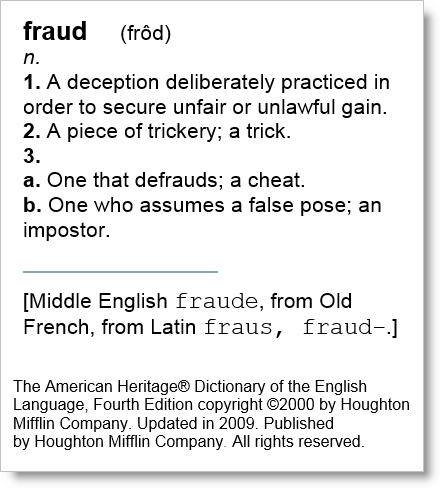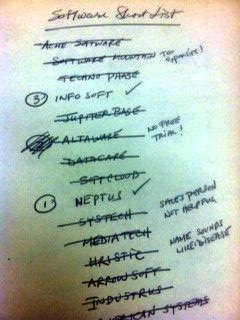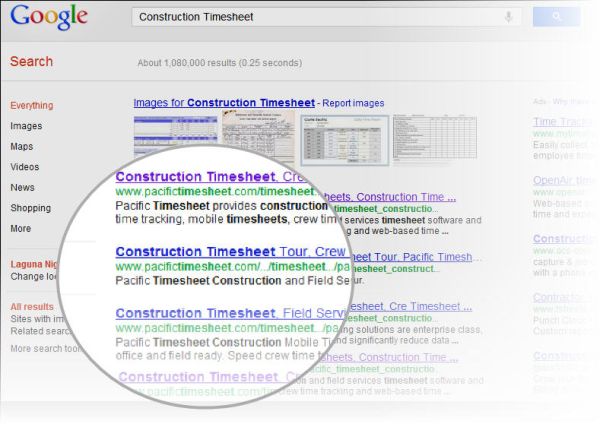Despite laws against the practice, many employees still attempt to cheat their time-sheets, collecting wages for hours they didn’t actually work. This practice can cripple a business, so diligence is needed to prevent it. Reducing fraud and errors in time tracking is payroll and management’s job, so encourage them to familiarize themselves with red flags, as well as institute practices designed to eliminate the opportunity to commit fraud.
How is Time-Sheet Fraud Committed?
Unauthorized Hours –
Fraudulent employees will increase their time-sheets with extra hours they didn’t actually work. On a long enough timeline, this practice can end up costing a business thousands of dollars, as was the case in Vermont, where a police patrol commander was found to have padded his time-sheet from 2006 – 2012, defrauding taxpayers to the tune of $213,000.
Buddy Punching –
People build friendships at work, but those friendships can become toxic when employees start to punch in for each other. A “friend” may ask her fellow employee to punch her hours into the company clock, even though she’s not working that day.
Ghost Employees –
Unfortunately, many companies have been crippled by the actions of their payroll staff. Payroll is supposed to prevent time-sheet fraud, but sometimes they could be the department behind the fraud. In large companies, where the fraud is less likely to be noticed, payroll staff will create a fake employee and collect their wages. Ghost employees may also be employees that have left the company, but to whom payroll still continues to cut a check.
Pay Rate Alteration –
Sometimes, an employee and a member of the payroll staff will join forces to defraud the company. The payroll staff member will alter the employee’s pay, increasing it to an amount that is desirable to both of them. The amount will then be split when the check is cashed.




 9/80 Compressed Timesheets
9/80 Compressed Timesheets





